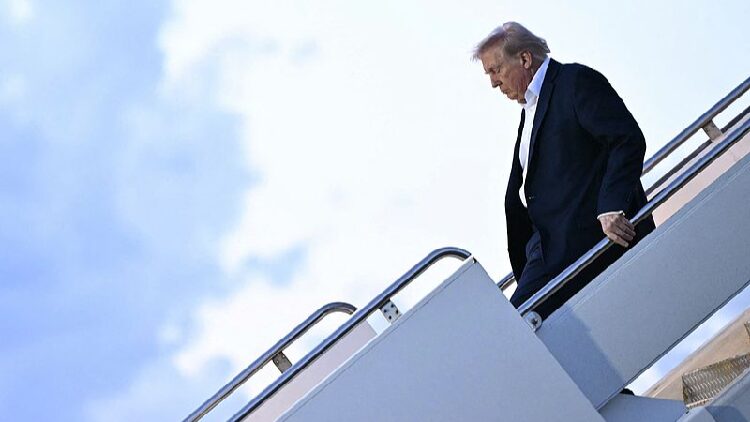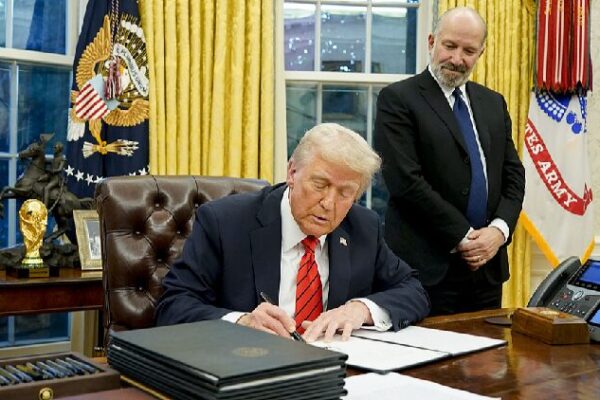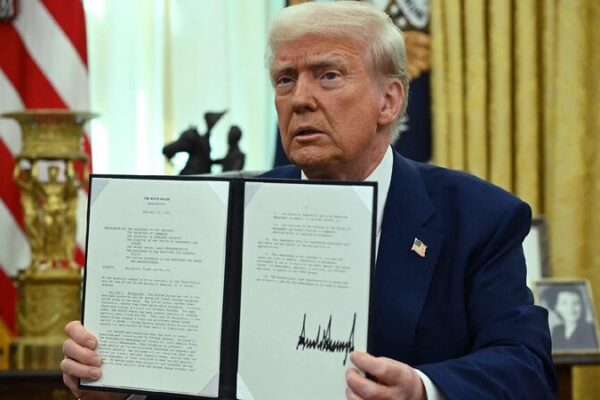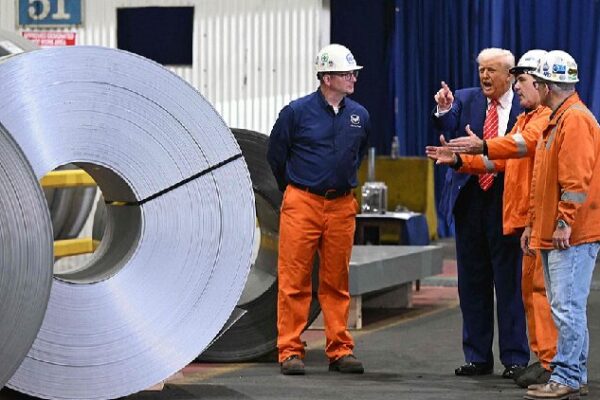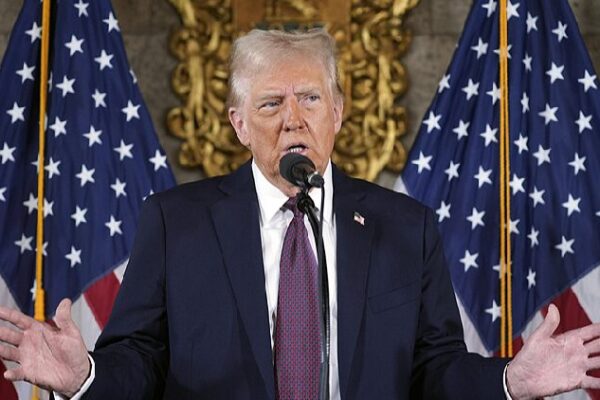By redefining trade policies, former U.S. President Donald Trump’s aggressive tariff strategy is shaking up global alliances in unexpected ways.
Initially pitched as a move to boost the American economy and bring back jobs, Trump’s tariffs on steel, aluminum, and automobiles have impacted not just rival nations but also long-standing allies like Japan, Germany, Canada, and Australia. These countries, once firmly aligned with U.S. interests, are now rethinking their relationships and strategic positions.
For American consumers, the tariffs have led to higher prices. Former Vice President Mike Pence noted that these tariffs could cost families over $3,500 per year. While the intention was to protect domestic industries, the reality has been increased costs and strained international goodwill.
Allies are feeling the pressure. Germany warns of potential global financial crises, with upcoming Chancellor Friedrich Merz emphasizing the risk these tariffs pose to the world economy. Japan, a key player in the Asia-Pacific region, expected exemptions but instead faces challenges in its vital automobile sector. Prime Minister Shigeru Ishiba’s cautious approach highlights the delicate balance Japan seeks to maintain.
Canada has taken a more confrontational stance. Prime Minister Mark Carney implemented retaliatory tariffs targeting sensitive U.S. sectors, signaling a shift from their traditionally cooperative relationship. Australia’s trust was tested earlier when confusion over the AUKUS agreement raised concerns about U.S. commitment.
The ripple effects extend beyond economics. These shifts influence domestic politics within allied nations, with leaders adapting their strategies in response to changing public sentiments. In Australia, for instance, Prime Minister Anthony Albanese’s emphasis on stability and diplomacy is resonating with voters who are wary of global instability.
As trust wanes, many of these countries are exploring new alliances and strategies to reduce their reliance on the U.S. This movement toward a more multipolar world reflects a desire for stability and mutual respect in international relations.
The unintended consequence of Trump’s tariff strategy is a significant reshaping of global alliances. Allies are no longer taking U.S. support for granted and are seeking greater autonomy. This shift could have lasting impacts on the global stage, encouraging nations to collaborate in new ways that prioritize shared interests and equitable partnerships.
Reference(s):
How Trump's tariff strategy is reshaping the alliance understanding
cgtn.com
